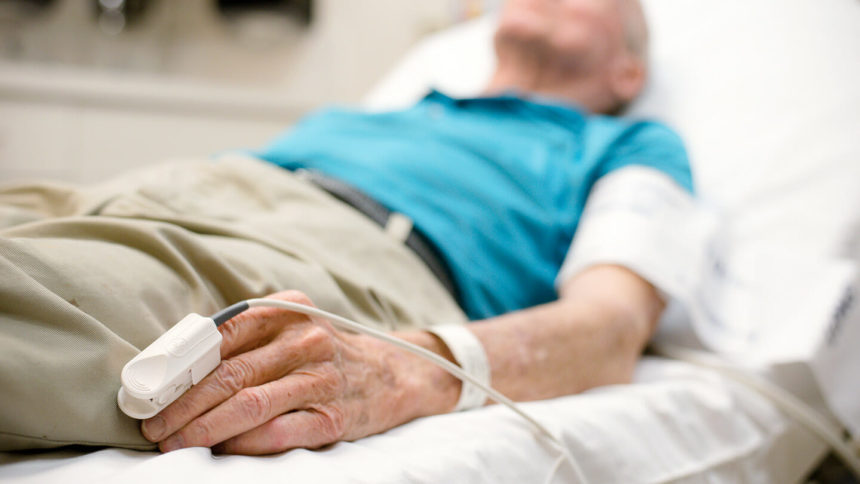
When a person has a seizure after a stroke — something known as a poststroke seizure, or PSS — it’s linked to a higher risk for poorer outcomes, disability, dementia and death, according to a new study.
The authors of the report called for more efforts to address those challenges, including more research to understand the role of stroke severity and lesion location or volume.
The reviewed 71 eligible articles covering 20,110 people with PSS and about 1.2 million people without it. In 57 studies, people who had PSS experienced about double the risk of death.
Shubham Misra, PhD, a clinical neuroscientist at Yale School of Medicine, led a team that evaluated data from 1951 through this year. People were over the age of 18 and had a history of ischemic stroke, hemorrhagic stroke or both. People with PSS had a significantly higher history of ischemic heart disease, prior cerebrovascular disease, atrial fibrillation and hemorrhagic transformation compared with those without PSS.
In one subgroup, early seizures after ischemic stroke were linked to an increased mortality risk but not late seizures. People with ischemic or hemorrhagic stroke who later developed seizures had increased risk for death.
Poor functional outcomes (according to the modified Rankin Scale, or mRS) were more frequent for those with PSS compared with people who didn’t have it. People who had early and late-onset seizures after stroke and seizures after ischemic and hemorrhagic stroke were more likely to have poor outcomes.
“Mechanisms of early and late seizures are very different and, not surprisingly, have very different clinical significance; therefore, early and late seizures must be treated separately in future studies, including meta-analyses,” the authors wrote.
“Early seizures reflect acute reversible metabolic defects that might be life-threatening. In contrast, late seizures reflect structural changes that require time to develop and are not due to life-threatening underlying pathology,” they added.
Seizures after ischemic stroke were associated with higher disability, but seizures after hemorrhagic stroke were not.
Five of the studies the team reviewed didn’t find a link between PSS and recurrent stroke. There was an increased dementia risk in people with PSS, according to two of the studies.



